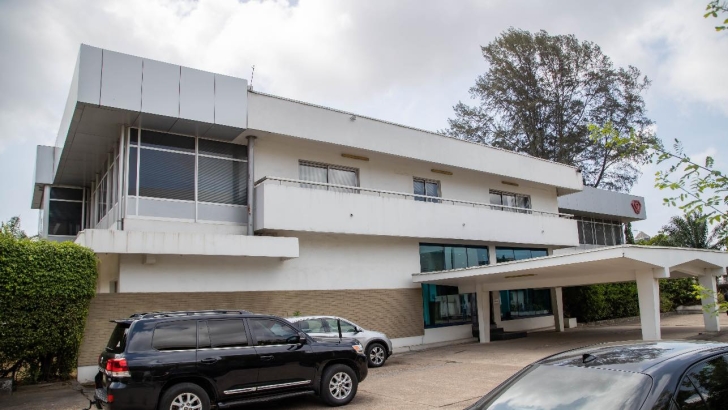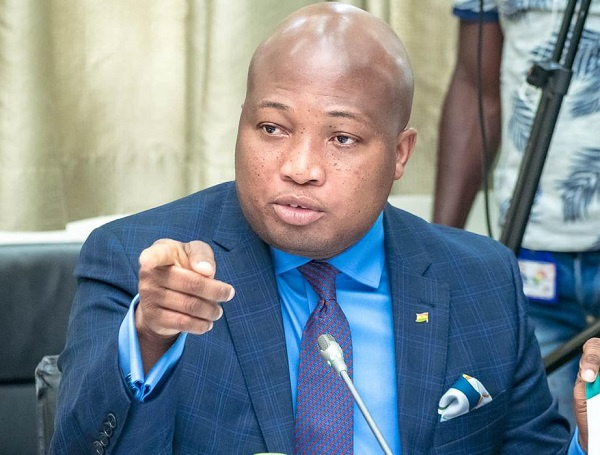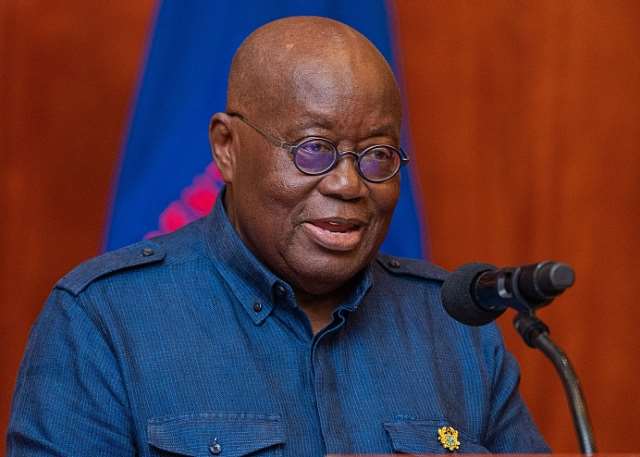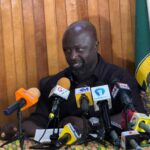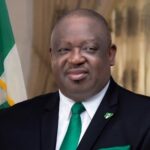A fresh wave of controversy is sweeping through Ghana’s political landscape following the arrest of Bright Mensah Bonsu, a man at the center of a $1.5 million cash scandal involving the attempted sale of Ghana’s diplomatic property in Lagos, Nigeria.
With mounting evidence and unanswered questions, critics are now turning their focus to the former New Patriotic Party (NPP) administration, demanding answers about the extent of their knowledge, the timing of their awareness, and whether any elements within the party played a role in facilitating this high-profile diplomatic scandal.
The arrest was confirmed by North Tongu MP and Minister of Foreign Affairs, Samuel Okudzeto Ablakwa, who has been leading the charge to expose the shady dealings surrounding Ghana’s foreign assets.
According to Ablakwa, Mensah Bonsu, who curiously held a diplomatic passport despite having no official role in the Ministry of Foreign Affairs, orchestrated the transaction while claiming to be a “special aide” to the late High Commissioner Alhaji Rashid Bawa.
So how does an unverified aide end up with the power to sell Ghana’s beachfront property in Lagos? And more crucially, how does a $1.5 million down payment, made entirely in cash, vanish without a trace into any official government account? These questions have led many to ask the integrity and transparency of the previous NPP government.
Ablakwa points out that Bonsu’s diplomatic passport, issued in October 2023 during the Akufo-Addo/Bawumia administration, raises serious red flags. How was he vetted? On whose authority did he travel and conduct state-related business?
The property in question, a prime real estate asset reportedly valued at $5.3 million, was being positioned for sale without any formal approval or documentation within the Ministry of Foreign Affairs. Ablakwa believes this was more than just a rogue operation. “They had a plan,” he said. “But the outcome of the 2024 elections must have thwarted it.”
The implications are dire. If government insiders or influential political figures enabled or turned a blind eye to this scheme, it could mark one of the most serious breaches of public trust in Ghana’s diplomatic history.
Ablakwa has vowed that criminal prosecutions are imminent, and that those involved, no matter how high up the ladder, will face justice.
“We are committed to recovering the stolen $1.5 million and ensuring accountability at all levels. No diplomatic property of Ghana is for sale, and anyone who tests that resolve will face severe consequences,” he warned.
As investigations continue, Ghanaians are left wondering: Was this an isolated scam by a politically connected individual, or the tip of a much deeper, institutional rot linked to the previous administration?
Until we get clear answers, questions about the sale of Ghana’s diplomatic property in Lagos will continue. The NPP may face more questions as the investigation goes on, and people will want to know if there was any mistake or lack of care from the past government.



